Tenneco/Gentherm showcasing prototype of thermoelectric generator for waste heat recovery; targeting 5% fuel economy improvement
Green Car Congress
SEPTEMBER 11, 2013
Tenneco and Gentherm (formerly BSST/Amerigon) are part of a US Department of Energy (DOE) consortium actively developing a thermoelectric generator (TEG) for capturing waste exhaust heat in vehicles and converting it to electrical energy to be used to power electrical systems within the vehicle.


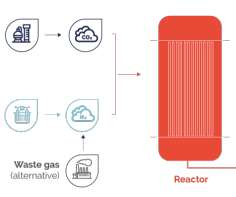







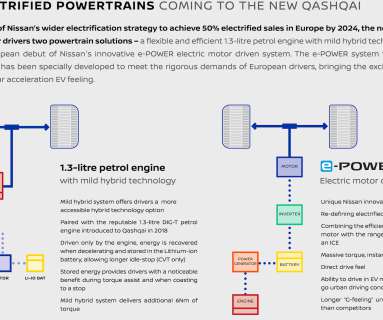




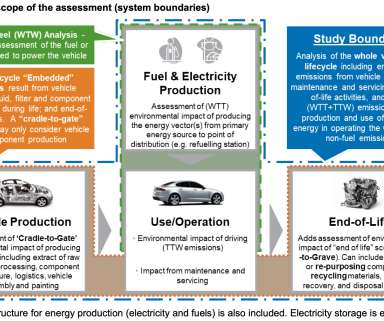

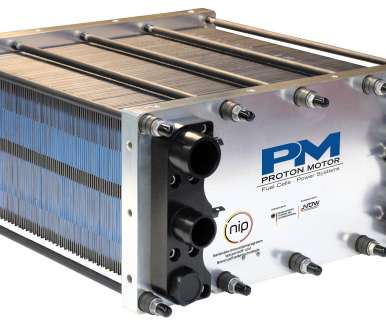













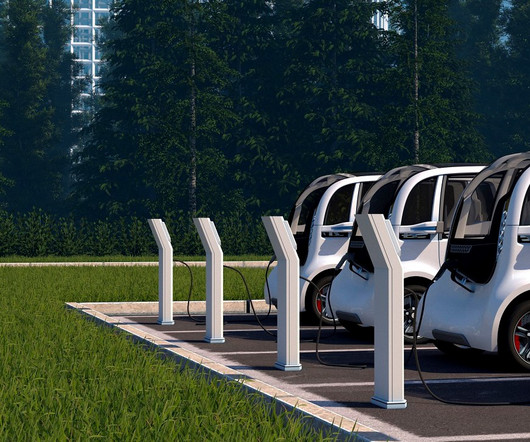








Let's personalize your content